Ancient tomb engraved with the words "whoever opens it will suffer", experts are surprised to see the person lying inside
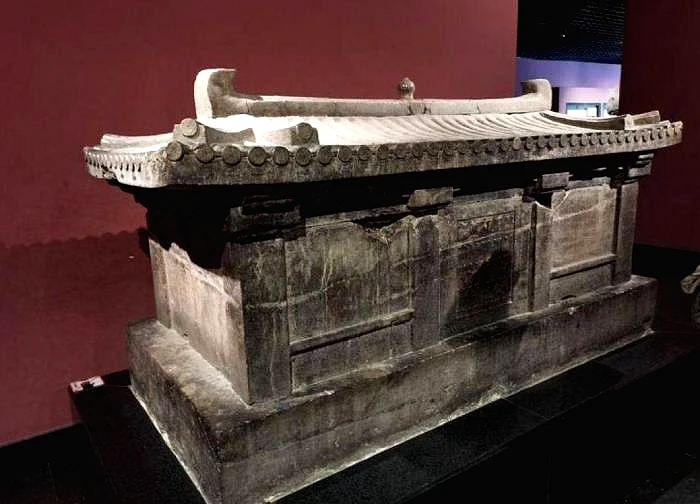
6 | 0 Discuss | Share
Many people think that the discovery of Qin Shi Huang's tomb means destroying the sleep of the famous king, so they all suffered a tragic fate. But so far, science has not been able to explain it.
The tomb of Qin Shi Huang, China's first emperor, has long been one of the greatest archaeological mysteries of the 20th century. Although more than 2,200 years have passed since the Emperor's death, the monumental tomb and terracotta army are still heavily guarded, unsealed because of potential hazards – including toxic liquid mercury or unclear architectural structures underground.
But along with these dangers, there is a less talked-about tragic story, of the fate of the peasants who accidentally uncover the discovery of great history, and are then left in extreme poverty.
The veil of mystery was lifted by a dry well in 1974
The story begins in Xiyang Village (Lintong County, Shaanxi Province), where a group of cooperative farmers worked together to dig wells in 1974 to save crops during a severe drought. In this group are Yang Zhifa, along with five cousins and neighbor Wang Puzhi. According to reputable sources, one day while digging to a depth of about 15 meters, they discovered a hard object – what looked like the head of a vase or of a statue – which was later identified as the head of a terracotta warrior.
At that time, the locals did not understand the historical or cultural value of the buried terracotta. Many pieces of statues were scattered all over the field, and some bronze arrowheads were sold to scrap warehouses. Archaeologists only realized months later that this group of farmers had discovered a terracotta army consisting of thousands of terracotta warriors, horsemen and chariots – one of the largest archaeological finds in history.
The mental shock and miserable life of the "pioneers"
Instead of being recognized, supported and benefiting from their discoveries, these farmers experienced long lives of poverty and suffering. The tragic circumstances are recorded as follows"
Wang Puzhi, one of the first seven people to discover the phenomenon, hanged himself in 1997 when he couldn't afford the cost of his medical treatment.
Yang Wenhai and Yang Yanxin, two other members of the group, both died in their 50s, unemployed and unable to afford hospital bills and medical care.
The rest live on very low incomes, working side hustles such as signing souvenirs for visitors at the museum's gift shop for a monthly salary of only about 1,000 yuan (roughly $130-150 depending on the exchange rate) — some sources say as little as $132.
The first person to find the statue's head was Yang Zhifa, although the most famous of the group, for the first 20 years since the discovery, he was not allowed to enter the exhibition area or see the army he had discovered with his own eyes. She was offered a job signing souvenirs when the museum opened, receiving meager remuneration.
Loss of rights, loss of land and reputation
A large part of the land of Yang village, where farmers live, has been expropriated by the government to build museums, roads, parking lots, and souvenir shops for tourism. Land rights were taken away, houses were demolished, villages were displaced, and the government paid little, if not adequately, compensation.
With the few survivors in the group finding the army, they are not officially recognized in many of the introductory texts by major museums. They are only referred to as "peasants" who find the army, not personal names. This leads to other people impersonating them to sign souvenir books, benefiting from a reputation that they themselves do not enjoy.
The tomb remains closed: Scientific reasons
In parallel with the story of the discoverer, Qin Shi Huang's tomb is still closed to this day for many reasons. One of them is the concern that liquid mercury is toxic. According to ancient documents, in the tomb there are "rivers of mercury" cast in metal to simulate the topography of the kingdom in the form of a miniature map. Mercury is a highly toxic substance and poses a health risk if exposed or released.
The architecture is complex, the structure has not been comprehensively surveyed. The opening of tombs and excavation of deep tombs require high technology, ensuring safety both in terms of structure and preservation of works of art. Opening tombs can cause irreversible damage to terracotta statues – especially the original coating – which are easily peeled off and degraded when exposed to air, light, and moisture.
Using non-invasive technology for research, archaeologists prefer to use advanced techniques such as muon tomography to look inside the tomb without opening the seal. This is an approach that both preserves the status quo and collects information.
Wordless tragedies and questions of justice
The story of the farmers who discovered the terracotta army is a poignant reminder of how society handles historical discovery and ordinary people. Some lessons can be learned, such as the publication of archaeological findings that go hand in hand with the protection of the discoverer – including finances, land ownership, reputation, and access to the cultural products they have contributed to.
The state's response – from compensation to land, to medical assistance, to recognition of discoverers – is clearly not enough. Three of the seven people initially found died in extremely difficult circumstances, indicating a lack of social security and long-term care.
The introduction of archaeological discoveries to tourists, cultural exports and commercial construction associated with tourism development should be considered to ensure fairness, not to let money and group interests dominate and abandon the indigenous people.
The mysterious mercury river in the mausoleum of Qin Shi Huang: Until now there is no explanation  Hải Dương21:44:06 26/09/2025After the tomb of Qin Shi Huang was excavated, mankind witnessed the most magnificent and mysterious things in human history, related to the terracotta army and the magical mercury river.
Hải Dương21:44:06 26/09/2025After the tomb of Qin Shi Huang was excavated, mankind witnessed the most magnificent and mysterious things in human history, related to the terracotta army and the magical mercury river.

6 | 0 Discuss | Share
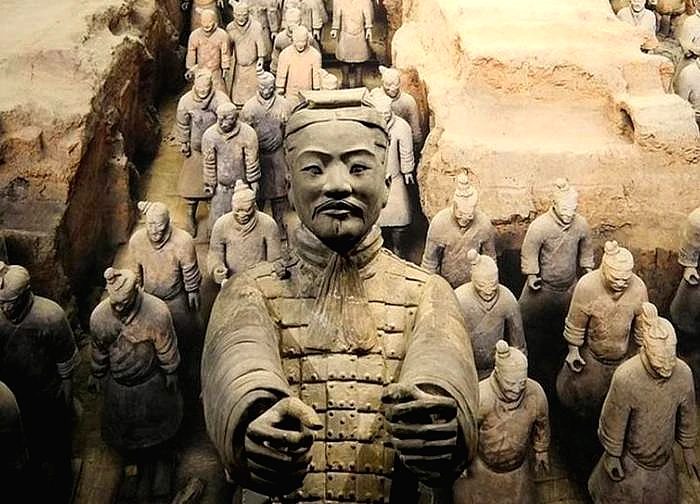
2 | 0 Discuss | Share
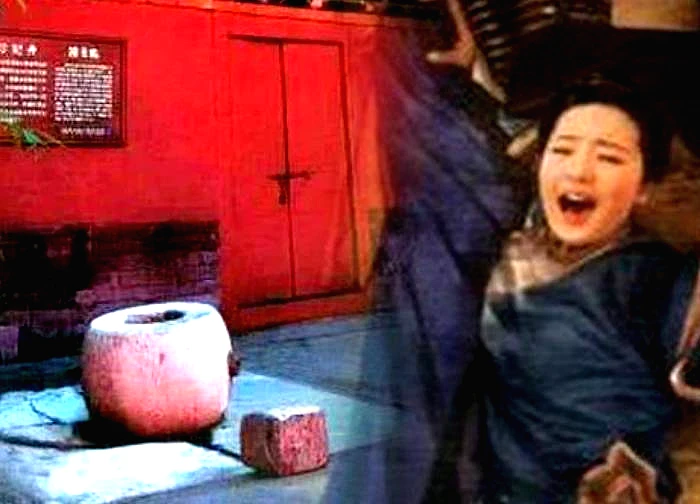
1 | 0 Discuss | Share
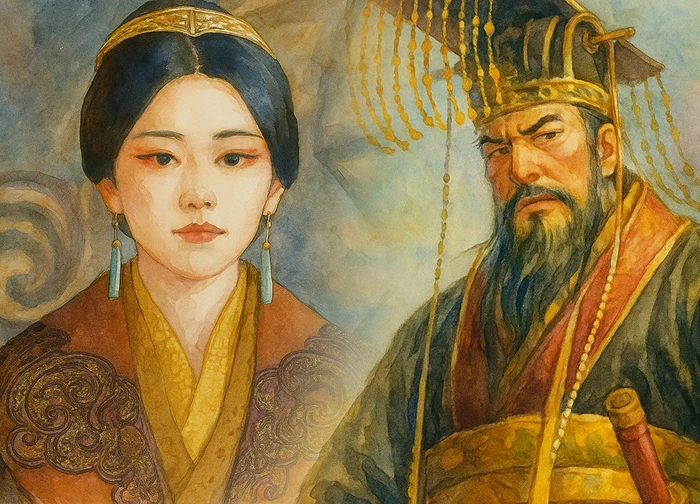
1 | 0 Discuss | Share
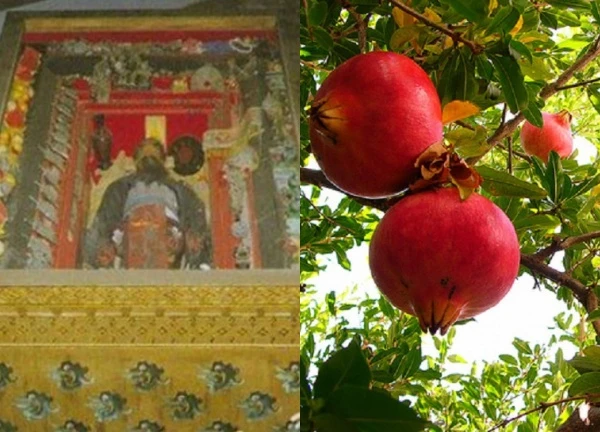
5 | 0 Discuss | Share
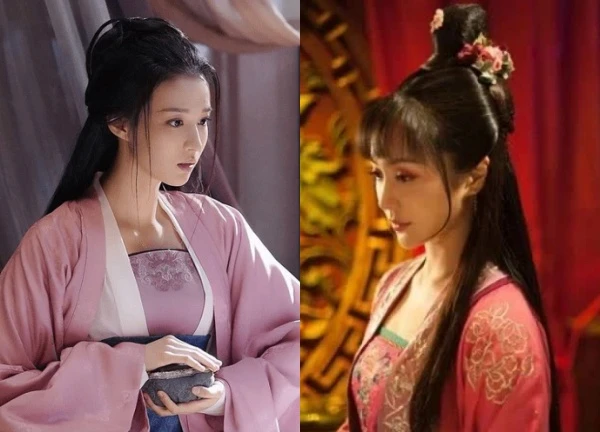
2 | 0 Discuss | Share

1 | 0 Discuss | Share
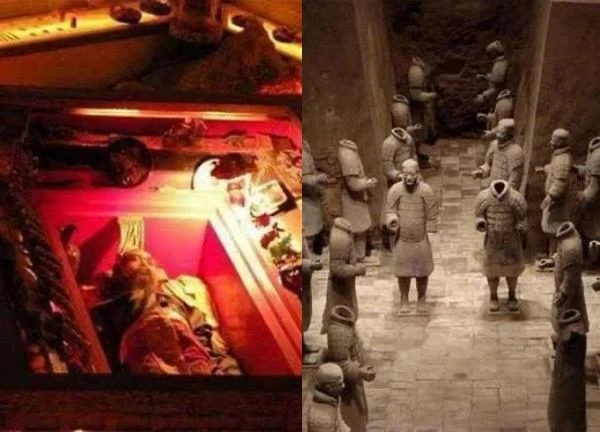
3 | 1 Discuss | Share
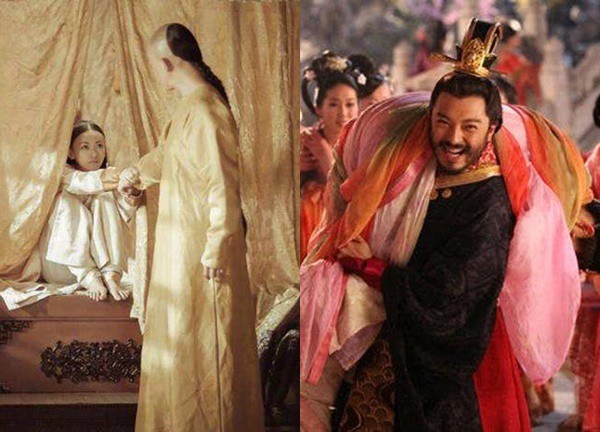
3 | 1 Discuss | Share

1 | 0 Discuss | Share
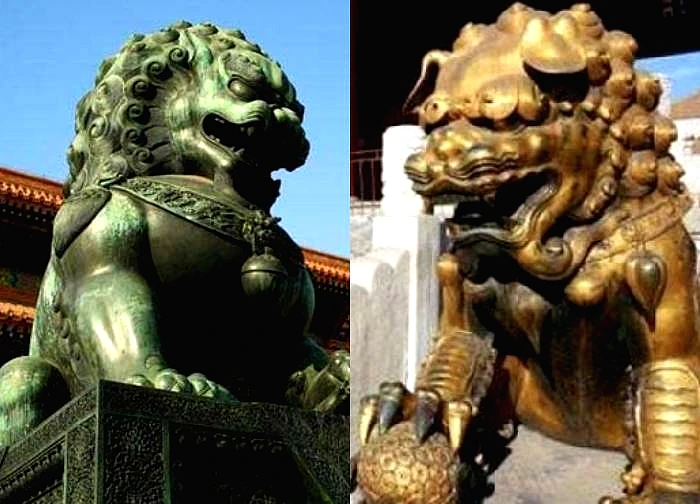
2 | 0 Discuss | Share

2 | 0 Discuss | Share
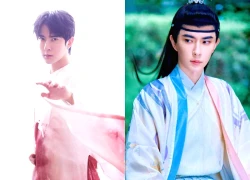
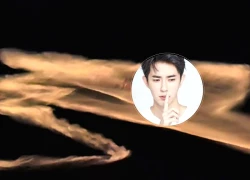
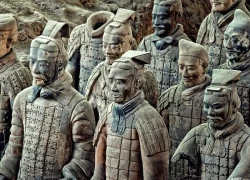

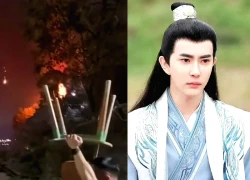

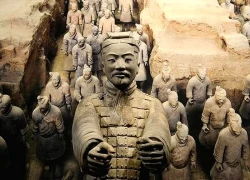
1 | 0 Discuss | Report